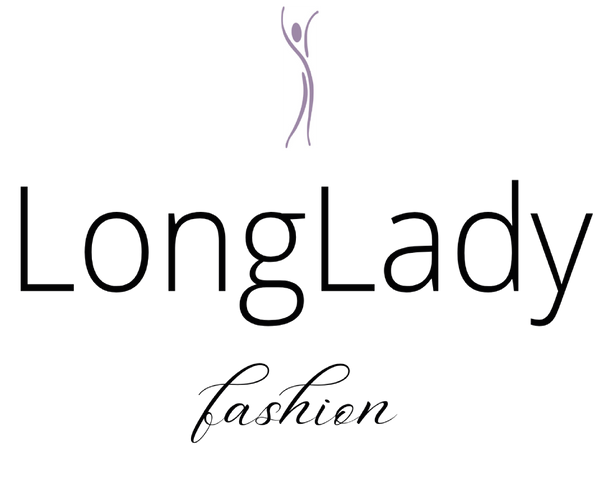What is the Oeko-tex label
Oeko-tex label, what is it?
Longlady often uses fabrics that are oeko-tex certified for its own label longlady. But what is that?
In summary, Standard 100 from oeko-tex® is a global certification system for textile products, especially if they come into contact with the skin, taking into account the most important regulations for harmful substances.
Checks for OEKO-TEX® harmful substances mainly focus on the use of textiles and materials. The more intensive the contact of a product with the skin and the more sensitive the skin, the stricter anti-allergic requirements are respected.
If a garment receives the Oeko-tex quality mark, then the garment does not contain any harmful substances. Better for your skin and health!
Is OEKO-TEX also organic and fair trade?
This quality mark therefore tells you nothing about fair production or environmental impact. Although it is of course quite possible that the garment is also fair trade. And since there is strict testing for harmful substances, there is also a good chance that the burden on the environment is low. If you really want to buy 'eco/organic/biological clothing' , this quality mark alone is not enough. But it really is a step in the right direction.
What is the difference between organic and OEKO-Tex certified?
Organic or organic clothing must always be certified. A well-known organization that does this is GOTS. But there are several certificates. This is therefore a different certification than OEKO-Tex. At OEKO-TEX, the main focus is on where and how the clothing is produced. Organic also looks at the materials used. So you can compare this a bit with the stricter OEKO-Tex 1000 (label with 100 plus on it, see below).
It is difficult to see the forest through the trees with all the labels. But with an OEKO-Tex standard 100 label you are certainly on the right track! If you want the whole way to be as sustainable as possible, go for OEKO-TEX 100 plus or organic clothing.
Standards OEKO-TEX
The STANDARD 100 from OEKO-TEX® takes into account:

✔ Important legal regulations such as; azo dyes, formaldehyde, pentachlorophenol, cadmium, nickel, etc. which are prohibited.
✔ Many chemicals that are harmful to health, even though they are not yet regulated.
✔ U.S. Consumer Product Safety Improvement Act (CPSIA) requirements for lead.
✔ Many classes of substances are also related to the environment.

